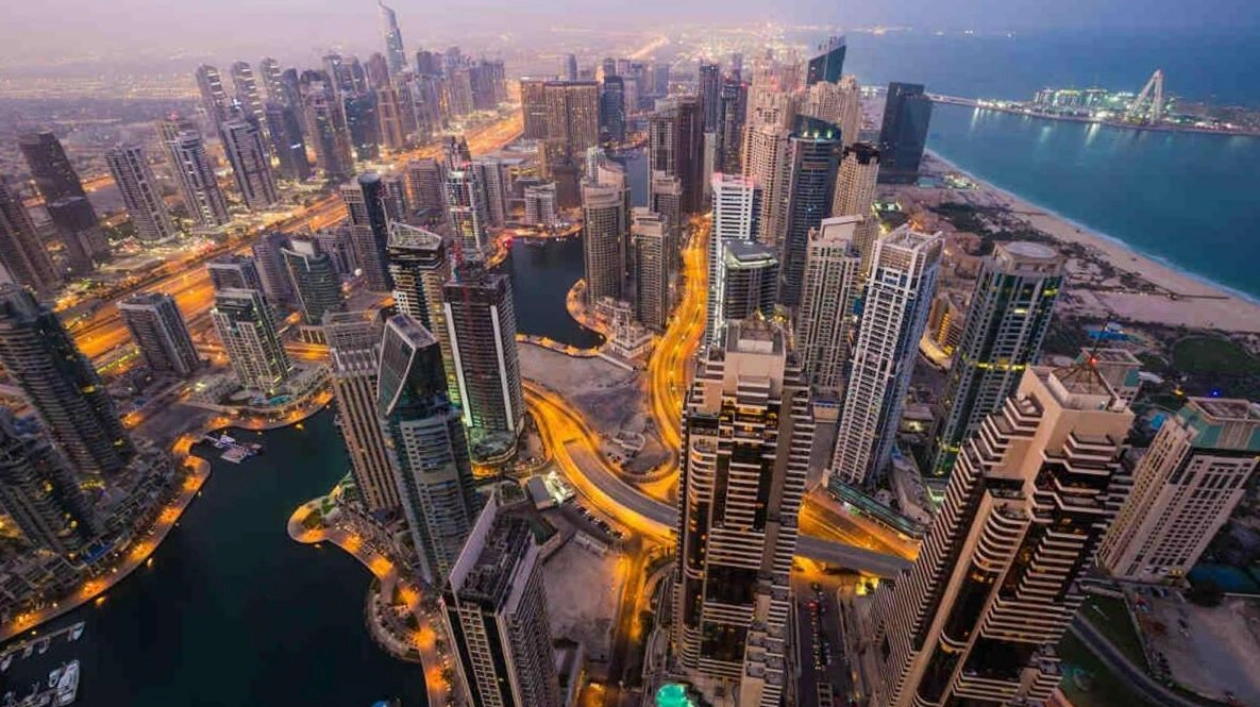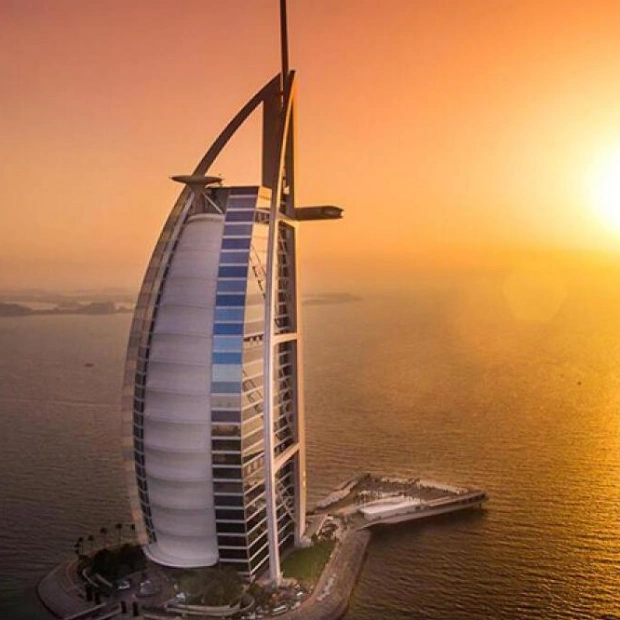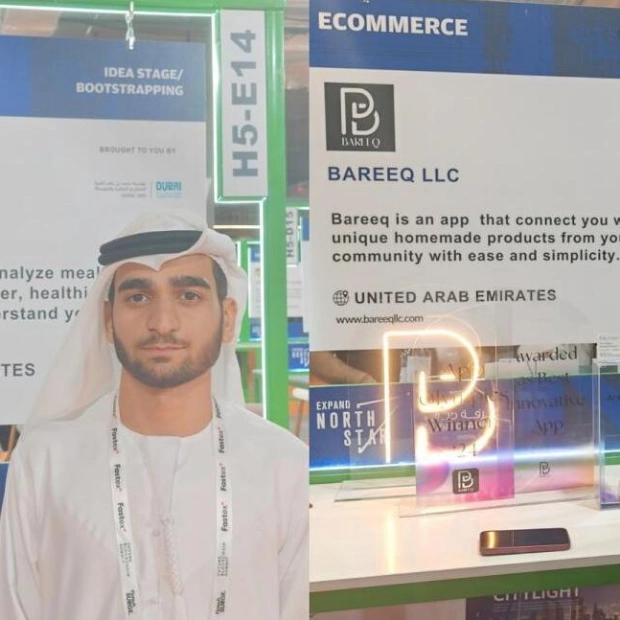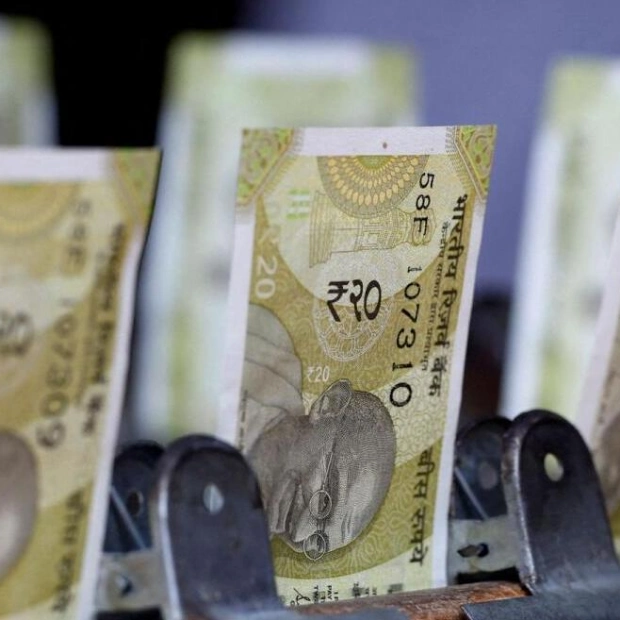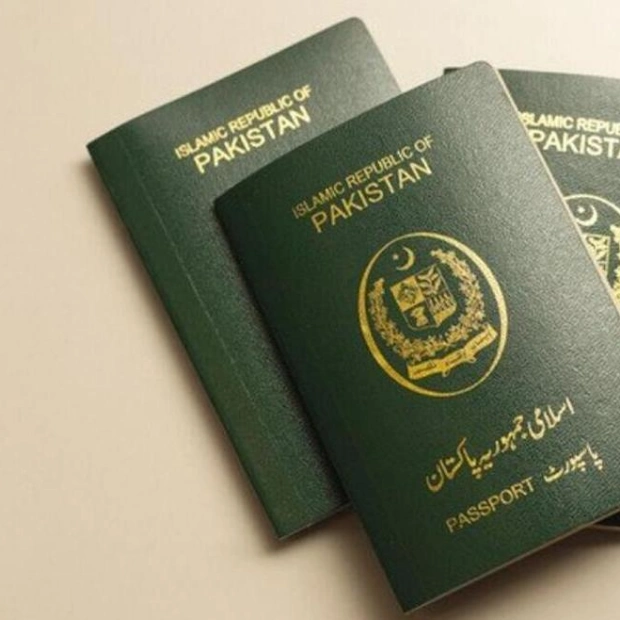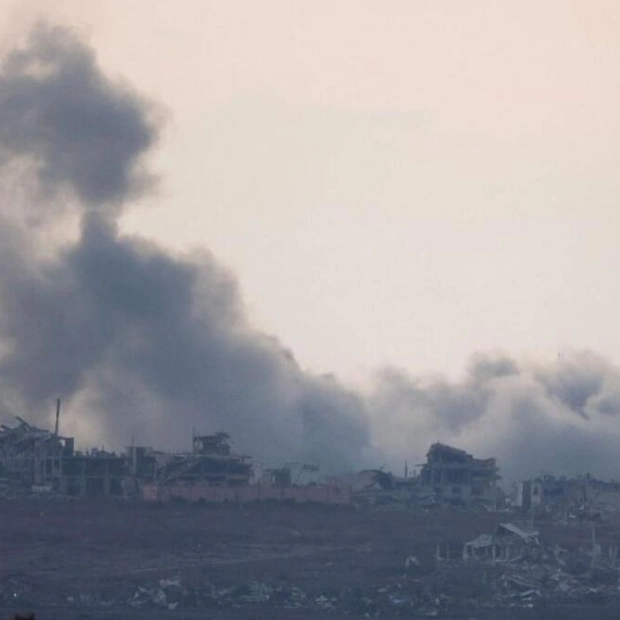Dubai is renowned for its dynamic evolution across all sectors of life. With a diverse population from various parts of the world calling the emirate home, its leadership continuously strives to enhance the standard of living and facilitate access to multiple services. The Executive Council of Dubai has greenlit five pivotal plans aimed at elevating Dubai as a global hub for education, investment, and living. These strategies were endorsed by Sheikh Hamdan bin Mohammed bin Rashid Al Maktoum, Crown Prince of Dubai, Deputy Prime Minister and Minister of Defence of the UAE, and Chairman of The Executive Council of Dubai. They directly align with the Dubai Plan 2033 and Dubai Social Agenda 33, encompassing goals in education, real estate, transport, cashless transactions, and the documentation of the emirate's heritage.
The Dubai Cashless Strategy targets positioning the city among the top five cashless cities globally by 2033. This initiative is projected to boost the economy by Dh8 billion through increased digital transactions, ensuring all businesses in Dubai accept digital payments.
A newly approved 65km suspended transport system connecting Umm Suqeim Street, Al Khor, and Zabeel aims to automate 25% of all trips by 2030. This system will be integrated with other public transport modes, enhancing accessibility for residents and visitors. Mock-up models of Dubai Sky pods, based on suspended transport technology, were previously showcased at a government summit.
Dubai's Education Strategy 2033 focuses on a student-centric approach, aiming to make UAE students highly competitive and capable of securing places at top local and global universities. The strategy offers diverse pathways, including internationally accredited vocational institutions, and was developed through extensive consultation with over 700 stakeholders.
The Real Estate Strategy 2033 targets raising the value of Dubai’s real estate transactions to Dh1 trillion by 2033, aiming for a 20-fold increase in portfolio value to Dh20 billion. It also seeks to contribute Dh73 billion to the emirate's GDP through a 70% increase in real estate transactions, prioritizing sustainability and balanced community development.
The Dubai National Archives Project, overseen by the Mohammed bin Rashid Library, aims to preserve government records, achievements, and cultural heritage, ensuring Dubai's story is passed down to future generations.
